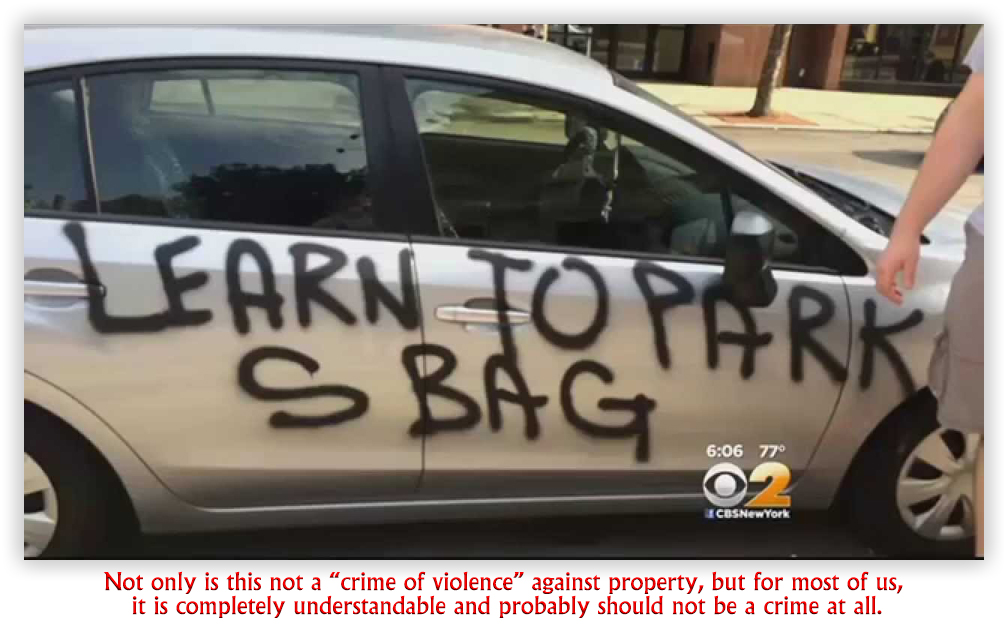We post news and comment on federal criminal justice issues, focused primarily on trial and post-conviction matters, legislative initiatives, and sentencing issues.

10TH CIRCUIT ADDRESSES WHEN FORCE AGAINST PROPERTY IS VIOLENT
 One twist in 18 USC § 924(c)’s definition of “crime of violence” is that, unlike 18 USC § 16(b) or the Armed Career Criminal Act, the use of physical force under § 924(c) can be either against a person or his property. For a offense to be a “crime of violence,” it must require violent physical force. But when is force against someone’s property “violent physical force?”
One twist in 18 USC § 924(c)’s definition of “crime of violence” is that, unlike 18 USC § 16(b) or the Armed Career Criminal Act, the use of physical force under § 924(c) can be either against a person or his property. For a offense to be a “crime of violence,” it must require violent physical force. But when is force against someone’s property “violent physical force?”
Aaron Bowen was convicted of witness intimidation and brandishing a gun while doing so, in violation of 18 USC § 924. The witness intimidation statute, 18 USC § 1513, required that one retaliate against a witness by causing bodily injury to a person or by damaging the person’s property. Aaron filed a post-conviction motion under 28 USC § 2255 arguing that after Johnson and Davis, witness intimidation was not a crime of violence, and cannot support a § 924(c) conviction.
Last week, the 10th Circuit agreed. It first joined other circuits in holding that Davis is retroactive for § 2255 purposes. Because Davis declared § 924(c)’s residual clause unconstitutional, Aaron’s witness intimidation conviction could only support a § 924(c) conviction if it required violent physical force against a person or property.
The 10th concluded that one could damage property without using violent physical force. It suggested, for example, that “although spray-painting another’s car damages that person’s property, we cannot conclude that the mere fact that it damages property means that it requires ‘violent force’.” Because the statute was not divisible between injuring people and damaging property, and because damaging property does not require violent force, the statute is not a crime of violence. Thus, Aaron’s § 924(c) conviction was thrown out.
United States v. Bowen, 2019 U.S. App. LEXIS 26554 (10th Cir. Sept. 3, 2019)
– Thomas L. Root


